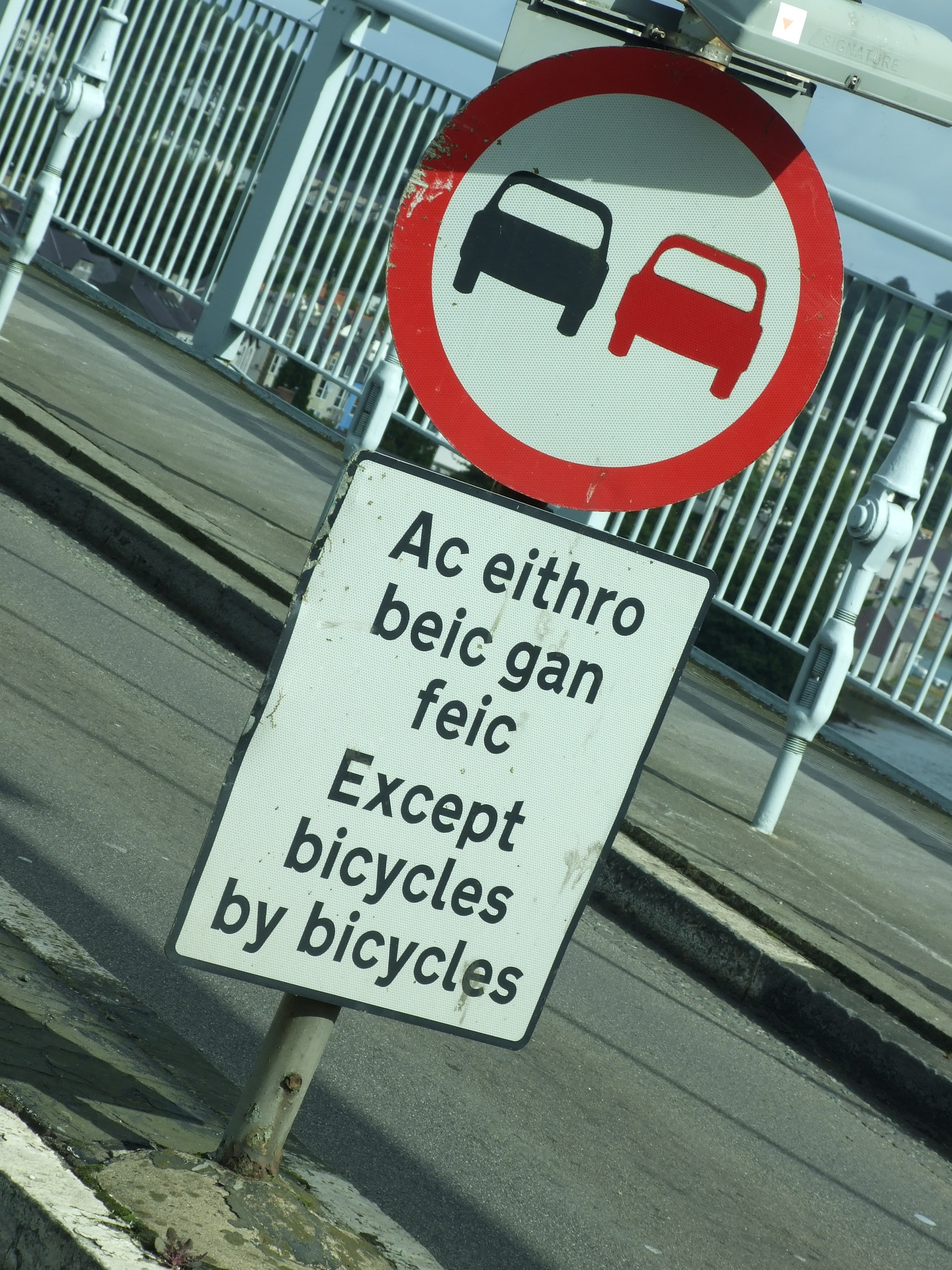Wiktor’s introduction: Dear bilingual wannabees, it gives me great pleasure to feature Vicky Loras as a guest author on my blog tonight. I’ve known her blog about education for a long time, and I admire the creativity and enthusiasm she shows when running The Loras Network – an English teaching enterprise. Language learners, meet Vicky: I think you’ve got much in common!
 I love languages. I love learning them.
I love languages. I love learning them.
But first, I will give you a bit of my background. I grew up bilingual, as I was born in Canada to Greek parents, who emigrated there for a better life. My dad, when he was 15, and my mom later on, when she was 22. My first language was English – my parents spoke to us in English ever since we were born. If you ask them why, my dad will say that it was the language that came to him naturally at that point, and my mom because she was afraid we might have difficulties in everyday Canadian school, if she spoke to us in Greek – which she admits now, was a mistake. I don’t know if it was a mistake, but I surely did not take it well when suddenly one day when I was about 8, she switched to Greek, started sending us to Greek school every Saturday…and we had the dreaded back then, afternoon Greek notebook. The notebook was the worst: she had us copy long texts in Greek every afternoon, and when our handwriting was not good, she would rip out the page and we would have to write it again. And when we answered in English to her Greek questions, she would answer: ‘That is NOT the language of your ancestors and pappou (grandpa) and yaya (grandma) will not understand you if you say that to them!’ We all laugh now but it was horrible then. As an eight-year-old, you wonder, why do I have to learn a second language? And a hard one too? I did learn it and I am happy I did. It was an uphill road, though!
Then in university, we could choose another language so I chose Italian – I loved it because it sounded so beautiful to me, when we heard our Italian neighbours in Canada call out to one another! My then football player crush Alessandro Del Piero was also Italian, so that was another reason – a silly reason, but when you are eighteen, your choices are made on things you deem important then 🙂
I learnt Italian pretty well, but after that I did not try to learn anything else.
Until I moved to Switzerland six years ago.
Everyone told me, oh don’t worry – Zug is an international city, everyone will speak English with you – you won’t even need to learn German. And I rested upon that thought – very silly of me, I think now. I was just worried about other things, like work, adjusting that I thought, I don’t need to learn the language, I have too much on my mind right now.
Most people did speak English with me, and we got our messages across. One day, I went to a public service and the lady there spoke only German. They brought me someone who spoke English and I could get my social insurance. Then one day, I went to the supermarket and I asked a lady where the toothbrushes were. She looked at me and with a sweep of her hand said, ‘Nein. Nur Deutsch.’ (No, I only speak German.) I remember being very idiotically shocked that she spoke no English.
I left then and took a walk by the lake and I thought, that lady does not speak English. She does not need to. I came to her country and I am obliged to respect it. So then and there, I decided to learn German. I thought: what kind of teacher am I if I am not constantly a learner? And I love books. How many German books will be unread because I cannot read? And what if I am in an urgent situation where no one speaks English? (As I was three years later, when I needed police intervention after I was followed home and almost threatened by a stranger.) I started learning German and I still am today. I absolutely love it that I can now read the newspaper and sort of get my way through the news, or talk to people on the train that are kind enough to correct me and applaud my efforts –people here literally clap for you! I can go to public services and get the documents I need and whenever someone picks up my accent in German and try to switch to English, I kindly ask them to carry on in German. I will never learn otherwise, right?
I am so happy Switzerland happened to me for many reasons and the language is one of them. I feel I understand my students better, with regard to how they learn, why they make some mistakes they do, where they have difficulties and what they find easier. I am a better learner and a better teacher I hope – all because of them and I thank them so much for everything they teach me!
Wiktor (Vic) Kostrzewski (MA, DELTA) is an author, translator, editor and project manage based in London. When he works, he thinks about languages, education, books, EdTech and teachers. When he doesn’t work, he probably trains for his next triathlon or drinks his next coffee.
BRAVE Learning (formerly known as 16 Kinds) is a lifelong learning and productivity blog. If you enjoy these posts, please check out one of my books and courses.
My recent publications, and my archive, is now all available on my new project: PUNK LEARNING. Hope to see you there!






